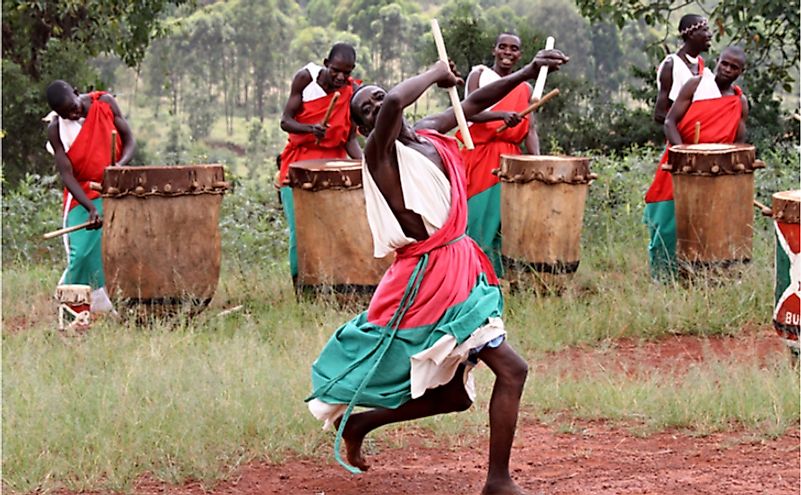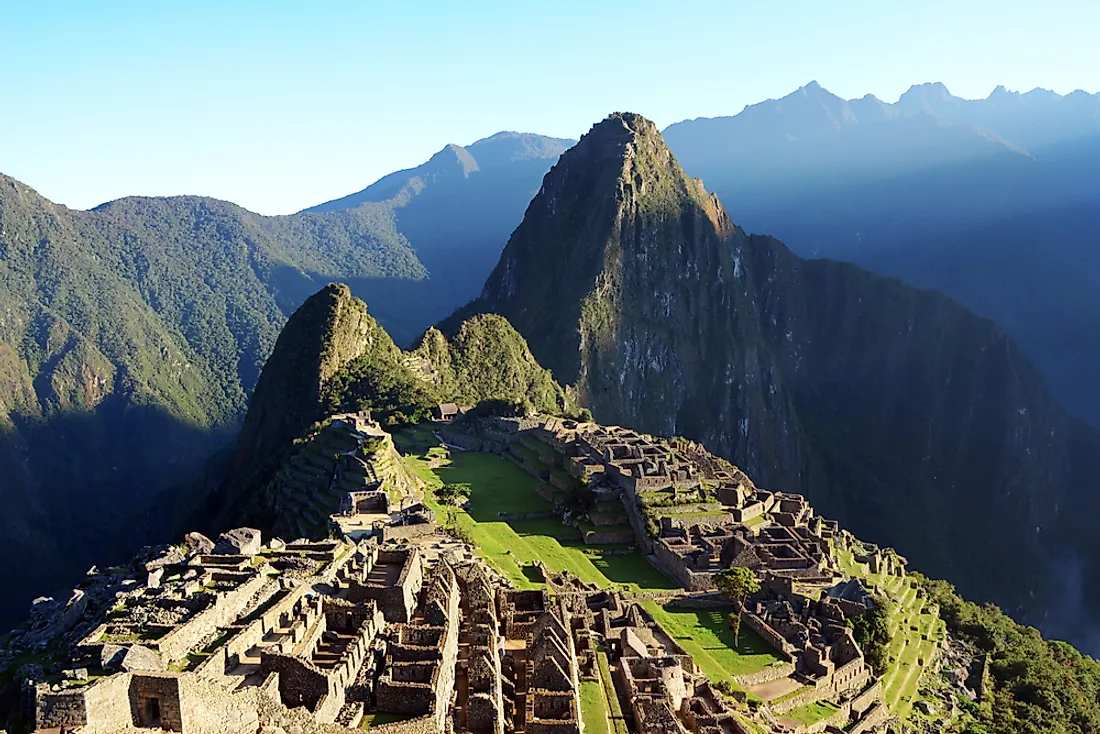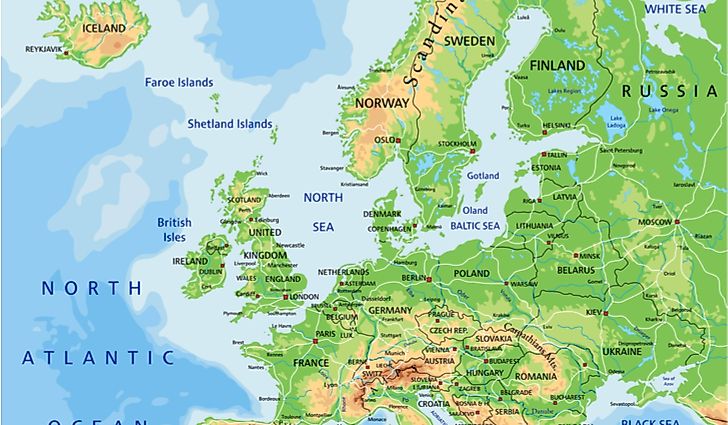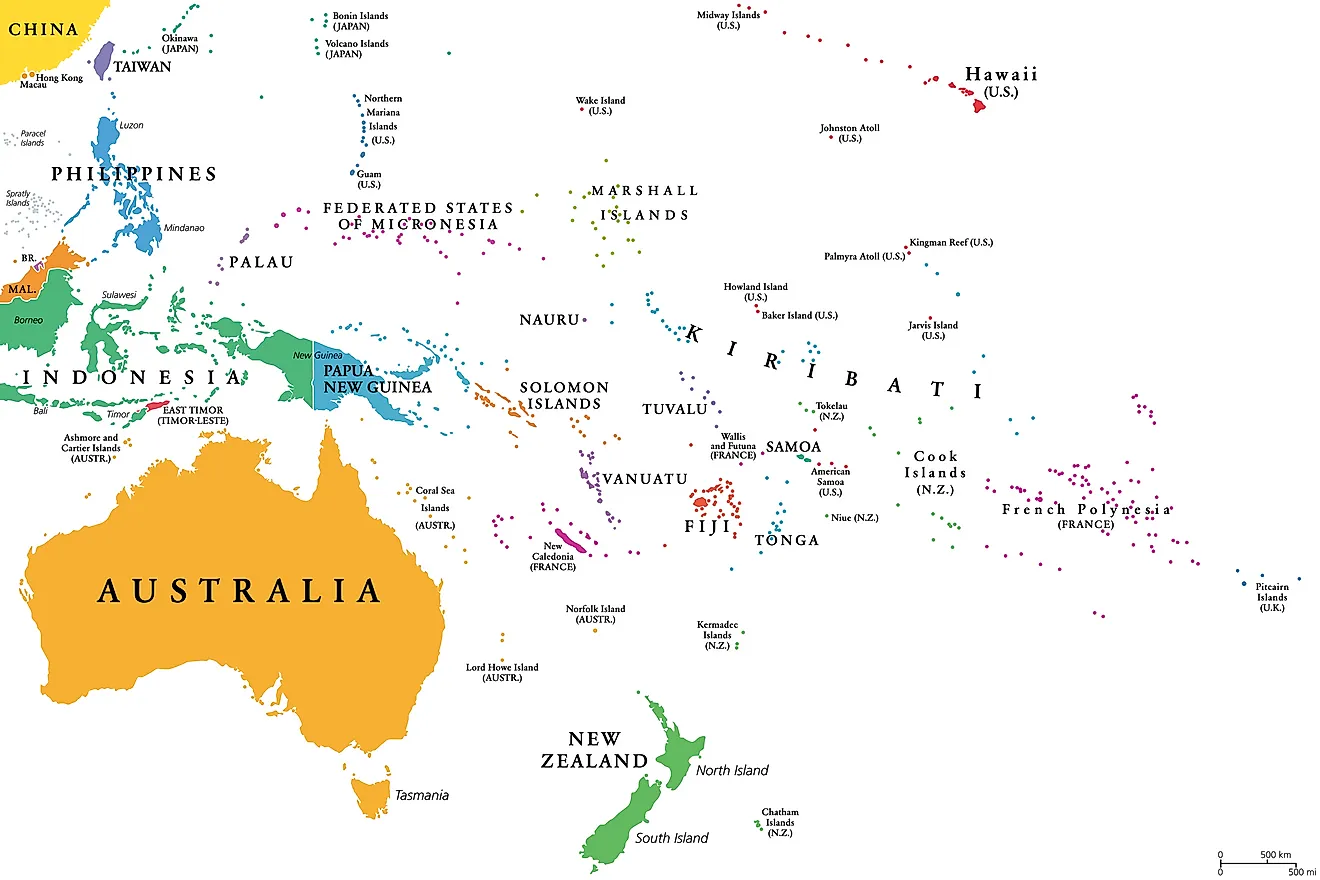Top 10 Interesting Facts About Burundi

The Republic of Burundi is located in the Great Lakes region of Central and East Africa. It is a landlocked state that borders Tanzania, Rwanda, and DRC. Burundi covers roughly 10,745 square miles, but with a population of about 9.8 million people. The Tutsi, Hutu, and Twa people have lived in the country for at least 500 years. Burundi existed as an independent kingdom for about 200 years until Germany colonized it at the beginning of the 20th century, and the Belgians after the First World War. When the country gained independence in 1962, it was governed as a monarch, but coups, assassinations, and regional instability resulted in the formation of a one-party republic in 1966. The country experienced civil wars and genocides in the 1970s and 1990s. Burundi is overwhelmingly rural, with just 13% of the population residing in urban areas. It is a developing country with poor infrastructure and amenities. The three parks in the country; Kibira, Rusuzu, and Ruvubu National Parks are under intense pressure from the growing population that has led to soil erosion, deforestation, and habitat loss. Poverty, weak infrastructure, corruption, poor access to education and health care, malnutrition, political instability, and unemployment are the major problems facing Burundians. In 2018, the World Happiness Report ranked the citizens of the country as the least happy in the world.
Interesting Facts About Burundi
Capital Shifted From Bujumbura to Gitega
In January 2019, the Parliament of Burundi voted to move the capital city from Bujumbura to Gitega to promote urbanization and infrastructural development. Bujumbura had served as the capital since independence. The move was first proposed in 2007 by President Pierre Nkurunziza. Gitega is a city of about 120,000 compared to more than a million in Bujumbura and critics argue that it is too small to serve as the capital.
Poorest Nation To Win An Olympic Title
Venuste Niyongabo won the 5,000 meters gold medal during the XXVI Summer Olympic Games in Atlanta, Georgia, to become the first Burundi national ever to win a gold medal at the Olympics. Burundi became the poorest nation ever to win an Olympic title and finished the series above Argentina, India, Mexico, and Taiwan.
Gustave The Gigantic Man-eating Crocodile Is From Burundi
Gustave is an enormous crocodile in Burundi. He is believed to be the biggest crocodile in the world at over 18 feet and 2,000 pounds. Gustave reigns terror along the banks of the Ruzizi River and the northern shores of Lake Tanganyika where he is believed to have killed more than 300 people. Although he is yet to be captured, he has been cited severally by the locals. The crocodile is 64 years old, which is about the median age, considering that Nile crocodiles can live to 100.
High Population Density
Burundi is a small but densely populated country. It is slightly smaller than the state of Hawaii, but with eight times the population. It is the 20th most densely populated country in the world. The number of people owning more than an acre of land in the country is quite small, making it challenging to practice sustainable farming to feed the nation.
Burundi Suffers From Severe Malnutrition
A majority of Burundians rely on tubers and starchy cereals. Corn is the staple food. The Hutu make up 80% of the population, but their culture does not include keeping livestock and are therefore dependent on plant-based food. This means less protein in their diet, exposing the country to malnutrition and kwashiorkor.
Cattle Equates To Wealth In Burundi
Burundians love their cows, not only for the meat and milk but because cows are traditionally a show of wealth. Regardless of your economic status, as long as you have a cow, then you are a rich person in Burundi. The more cows you have, the better your social status.
Indigenous People Are A Minority In The Country
Burundi is one of the few African countries whose modern boundaries remained similar to those of the ancient Kingdoms. The Twa people are the original settlers but currently make up less than 1% of the population. The Hutus arrived about 500 years ago and comprise 85% while the Tutsis arrived much later and account for 13%.
Beer And Straw Culture In Burundi
Burundians love their traditional alcoholic drinks just like other conventional African setups. The traditional beer is drunk by sitting circularly and placing a pot at the center. More than a dozen people then use straws to sip the brew. The unique habit has shifted to the modern generation, and it is common to find people using straws in bars.
“Ubumwe, Ibikorwa, Iterambere”
This national slogan translates to “Unity, Work, Progress,” but ironically, unity and progress have been elusive since independence. The country is divided along political and ethnic lines with the majority Hutu dominating over the minorities. Agriculture accounts for about 80% of the labor force, but it is practiced at a subsistence level that does not make a significant economic impact.
Internet Access Is Very Poor
At the start of the decade, about 1.2% of the population of Burundi had access to the internet. Although the number has quadrupled to about 4.5%, the figure is significantly lower compared to the continents average of 39% and the global average of 53%. Most Burundians have no access to a mobile network while internet cafes are limited to towns and cities, in a country where 80% of the population lives in a rural setting.







